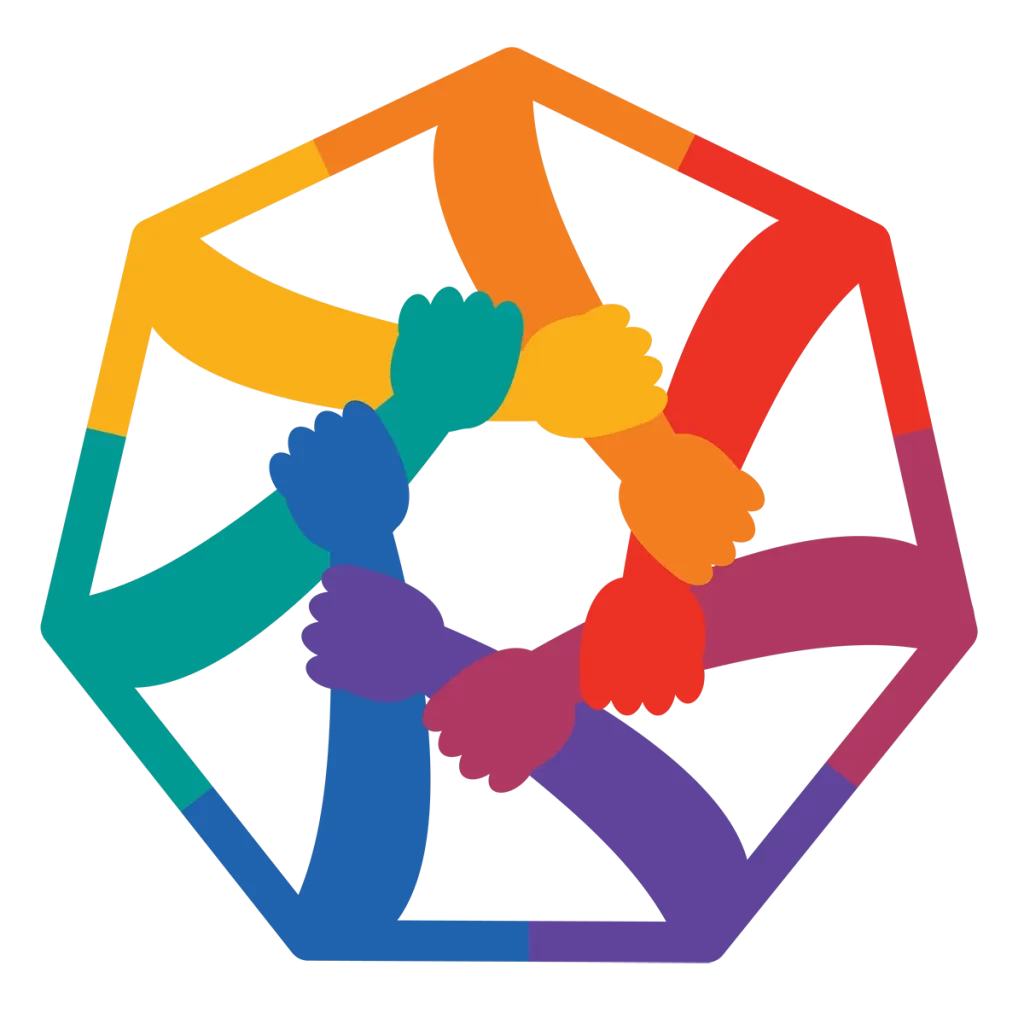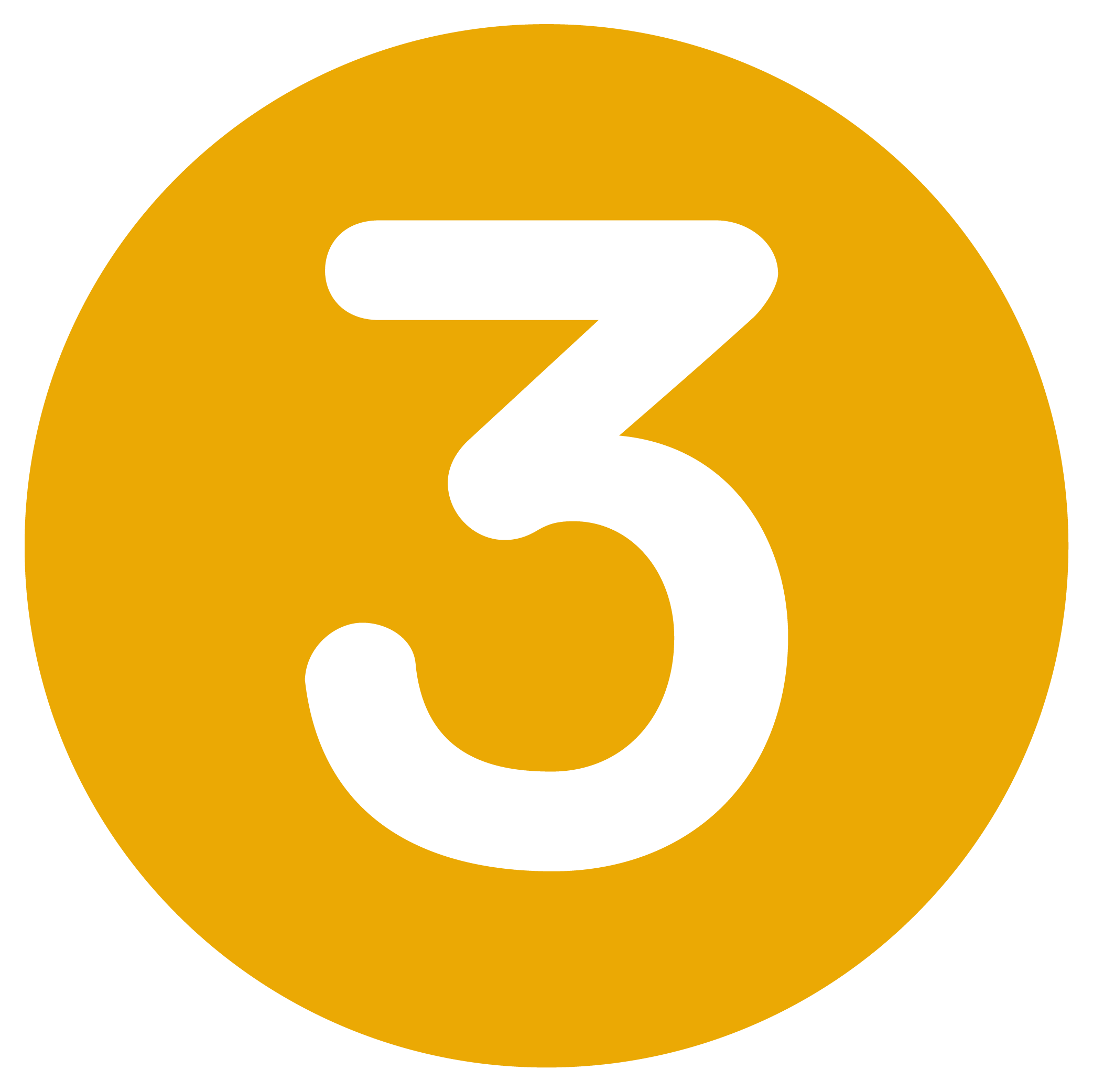You can help someone who is in an abusive relationship in a number of ways. We provide guidance on what to do and how to contribute to their safety.
The reasons why victims don’t leave, how to help a survivor and yourself, how to leave safely, and support groups are the topics covered here.

Your friend might not be able to make the decision to leave. Abuse victims can feel ashamed and embarrassed. Their self-esteem has gradually been destroyed by the abuser. Additionally, they might not be ready for word of the abuse to spread across their social group.
Numerous factors contribute to victims’ refusal to “leave.” This might include love, stigma and shame, housing, childcare, support, and financial resources. Leaving often doesn’t guarantee an end to the violence.
In reality, the violence will escalate when the victim leaves.
Making a safety plan with a therapist, friend, or advocate is crucial because of this.
It is not appropriate to say things like
They should be treated with respect and don’t pity them. Check on any physical injuries, offer comfort, and go with to their first therapy appointment. Give them the freedom to tell you as little or as much as they want to; by speaking, you’re giving them the chance to claim back some power.
Patience and consistency are key. It may take a while to recover. It’s crucial for you to maintain consistency since the survivor may experience many shifts, good days, and terrible days.
Let them decide whether or not a hug or being near to them will be helpful. While some people may not want to be touched, others might.
It’s best to let them be in charge and allow them to make their own decisions rather than trying to fix all of their issues for them. The most fundamental right of each human being was stripped away from them: control. By giving them control, they will be able to reclaim some of the power that was taken from them.
Don’t press for an explanation of what happened in great detail, and refrain from inciting additional violence by expressing a desire to confront the abuser directly. You must lead by example in putting a stop to violence.
Domestic abuse victims cannot always prevent violent incidents. Here are some things you can do via safety planning
If you’re interested in joining the Epic Foundation’s virtual support group (WhatsApp group) please send us an email to info@epicfoundation.org.za or contact Alta McMaster on 082 940 6230.
Only female survivors of GBV are in the group.
A counsellor is also included on this group to help with guidance and advice.
The purpose of this group is for survivors to have a platform to speak to each other, and to find support with the healing process.





